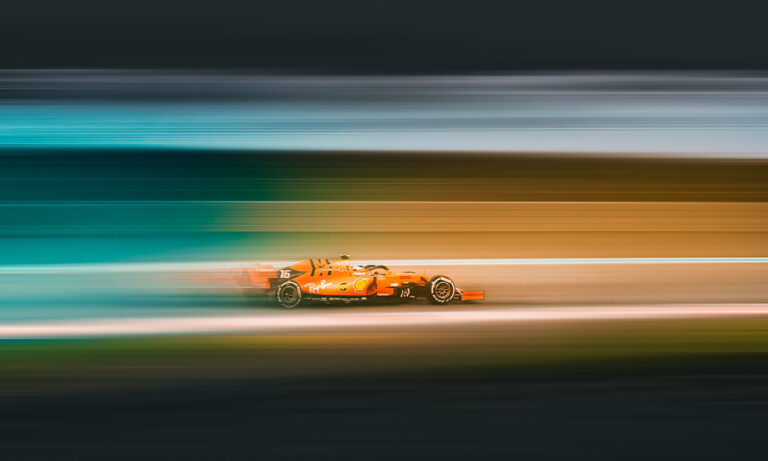Shut up and drive: Formula One drivers to ask for permission before supporting LGBTQ+ groups
Speaking before the Grand Prix in Jeddah, Saudi Arabia, back in December 2021, seven-time champion Lewis Hamilton explained that he was not comfortable competing in the country given its repressive laws regarding the LGBTQIA+ community.
More recently, the British racing driver has worn a rainbow helmet and made other gestures supporting the LGBTQIA+ community during race weekends. Hamilton has also worn shirts in support of the Black Lives Matter (BLM) movement and a t-shirt that called for the arrest of the police officers who shot Breonna Taylor.
But it seems the Fédération Internationale de l’Automobile (FIA)—the Formula One (F1) governing body—has other plans for Hamilton and other drivers: to shut up and drive.
In a recent and highly controversial move, the FIA changed its International Sporting Code, which will directly impact the causes drivers can support both before and during races. Starting this season, participants must receive written permission from the organisation to make any “political, religious and personal statements.”
Though it should be noted that the new rule isn’t explicitly focused on banning public support for LGBTQIA+ groups or other social causes, it does appear to be aimed mostly at Hamilton, given that German four-time champion Sebastian Vettel, who’s known for having been often politically vocal, is now retired.
As reported by Insider, FIA president Mohammed Ben Sulayem told reporters that the aim is to “improve and clean up,” adding that he would prefer drivers stick to driving and leave their “private personal agendas” at home. What did we tell you—shut up and drive?
“You can use sport for peace reasons,” Ben Sulayem continued. “But one thing we don’t want is to have the FIA as a platform for private personal agenda. We will divert from the sport. What does the driver do best? Driving. They are so good at it, and they make the business, they make the show, they are the stars.”
The FIA president wants F1 to be apolitical—a concept that seems hard to grasp considering the fact that ahead of the penultimate race of the 2021 season, a range of human rights groups wrote to the sports federation, accusing it of being complicit in Saudi Arabia’s sportswashing by competing in the country.
Before retiring at the end of the 2022 season, Vettel became more vocal about political and environmental issues. In addition to calling for steps to stop climate change and supporting lesser-known initiatives like saving bees, he has also supported the LGBTQIA+ community by wearing rainbow shirts and masks.
As racing enthusiasts and journalists alike try to understand just how this new rule will impact the causes professional drivers like Hamilton have made a point of supporting ahead of the upcoming season in early March 2023, many are comparing this situation to similar debates we’ve recently seen in other popular sports—the most prominent one being football.
During the Qatar World Cup 2022, FIFA imposed strict sporting sanctions against any football captains who wore the OneLove armband—the physical manifestation of an initiative created in the hopes of promoting inclusivity and support for the LGBTQ+ community within the sport.
Despite the repeated pledges of both FIFA and the Qatari authorities to make “everyone welcome,” those who were from—or supporting—the LGBTQ+ community have not felt that way. This in turn opened up a wider conversation surrounding the role influential sports organisations, along with their most popular athletes, should play in bringing awareness to human rights issues.
As footballers and racing drivers both get penalised for speaking up, one can only wonder how long it takes before enforcement regulations further encroach—and potentially silence—the rights of sporting professionals around the world. Official athletic bodies criticising the politicisation of sports speaks far more to a collective agenda than a dedication to high performance.






